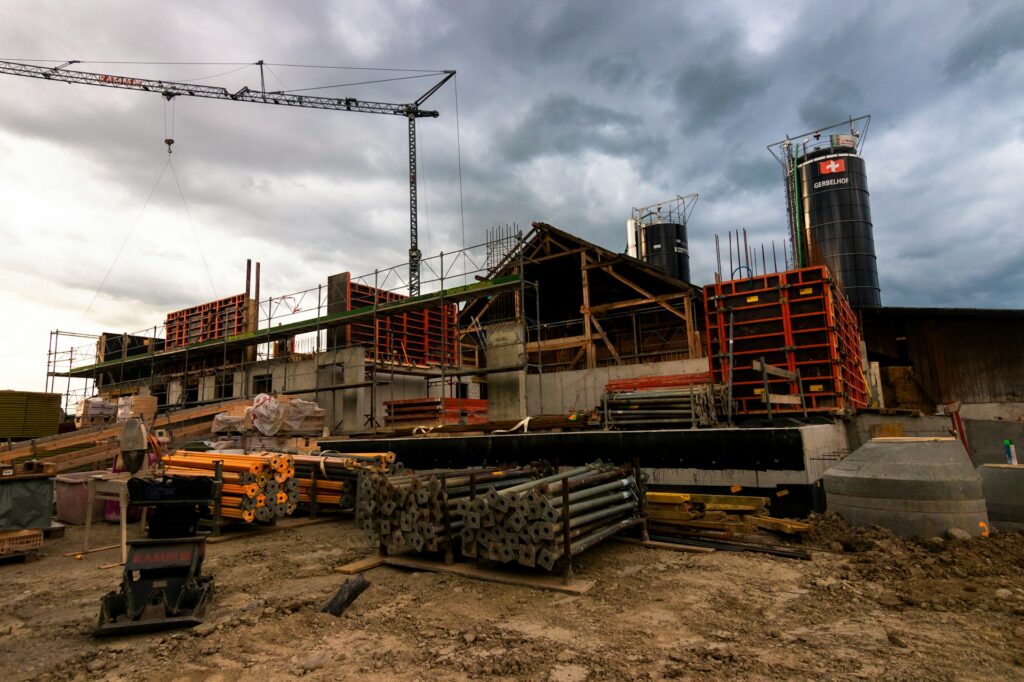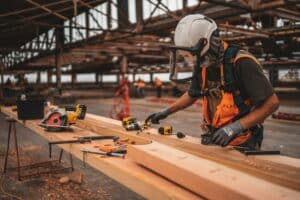Embarking on a construction project in Thailand requires careful planning and attention to detail. Given the country’s unique climate, legal requirements, and local building practices, it’s easy to encounter pitfalls that can derail your project. Whether you’re constructing a new home or renovating an existing structure, being aware of these potential challenges can save you time, money, and headaches. Read on as we discuss common pitfalls to avoid so you can ensure that your construction project in Thailand proceeds smoothly and successfully.
Inadequate Planning and Budgeting
Thorough initial planning is the bedrock of any successful construction project. Without a detailed plan, projects can quickly go off track. A well-thought-out plan includes a clear understanding of the project scope, completed design briefs, and realistic budgeting. This helps ensure all stakeholders are aligned and that the project has a solid foundation. Proper planning also allows for smart resource allocation, reducing the risk of running into unexpected issues that can cause delays.
Common budgeting mistakes in construction projects can lead to major financial setbacks. One frequent error is underestimating costs. Always research and get multiple quotes for materials and labour to create a more accurate budget. Another mistake is failing to include a contingency fund. Unplanned expenses are almost a given in construction, and having a buffer can keep your project from grinding to a halt when unexpected costs arise.
An unclear project scope is another pitfall that can wreak havoc on both costs and timelines. If the project’s goals and requirements are not well defined from the start, it leads to scope creep—where the project’s demands grow and change over time. This can inflate costs and prolong the project duration. Establish a clear scope of work with well-defined stages and milestones to help manage expectations and keep the project on track.
Choosing Unsuitable Materials
Choosing the wrong materials can jeopardise the integrity of your construction project. Some materials simply are not suited for Thailand’s tropical climate. For example, wood that isn’t treated properly can quickly succumb to termites and moisture, while certain metals may corrode in the salty coastal air.
The consequences of using poor-quality materials are numerous. Beyond the immediate risk of structural failures or malfunctions, there’s the long-term cost of frequent repairs and replacements. Poor materials can lead to leaks, cracks, and other damage that not only affect the look of your property but also its safety and value.
To avoid these issues, always opt for materials known for their durability and suitability for tropical environments. For instance, treated wood, stainless steel, and high-quality cement are excellent choices. Consider materials that offer good moisture resistance, and invest in proper treatments or coatings where necessary. Consulting with your contractor for material recommendations can also provide valuable insights, ensuring that your chosen materials offer both longevity and performance.
Poor Contractor Selection
Selecting the right contractor is crucial for the success of your construction project. Watch out for common red flags when hiring a contractor. These include a lack of proper licensing, vague or incomplete contracts, and negative reviews from previous clients. Always avoid contractors who ask for a large upfront payment, as this can be a sign of potential problems.
Verifying credentials and past work is essential. Make sure your contractor has the necessary licences and certifications required by Thai law. Ask to see a portfolio of their previous projects, and take the time to contact references. Speaking to past clients will give you insight into the contractor’s reliability, quality of work, and adherence to deadlines.
The potential issues arising from unqualified contractors can be severe. Poor workmanship can lead to structural defects, safety hazards, and costly repairs. Unqualified contractors might also cut corners, use substandard materials, or fail to comply with local building codes, leading to legal troubles. By carefully selecting a qualified contractor, you can mitigate these risks and ensure your project is completed to a high standard.
Neglecting Legal and Regulatory Requirements
Starting a construction project without understanding the legal and regulatory requirements is a major pitfall. An overview of essential permits and approvals in Thailand includes building permits, environmental permits, and, sometimes, zoning approvals. Failing to obtain these can result in fines, work stoppages, or even the demolition of non-compliant structures.
Common legal pitfalls in construction include ignoring local building codes and regulations. This can happen if the contractor is unfamiliar with the specific requirements of your locality. Always consult with a legal expert or a knowledgeable contractor to understand the rules that apply to your project. This can save you from costly legal battles and ensure your construction progresses smoothly.
Ensuring compliance with local building codes is essential. These codes are in place to ensure the safety and durability of buildings. Non-compliance can lead to structural issues and legal penalties. Regular inspections by local authorities will ensure your project meets all necessary standards. Staying informed and proactive about legal requirements will help you avoid these pitfalls and keep your project on track.
Conclusion
Avoiding common pitfalls in Thai construction projects requires thorough planning, selecting the right materials and contractors, and adhering to legal requirements. Each step, from budgeting to material selection, plays a crucial role in the success of your project. Proper planning helps prevent delays and cost overruns while choosing the right materials ensures longevity and resilience. Selecting a trustworthy contractor guarantees quality workmanship, and understanding legal requirements keeps your project compliant and safe.
At CJ Samui Builders, we are committed to helping our clients navigate these challenges to achieve successful construction outcomes. If you’re planning a project in Thailand and need expert guidance, contact us today for professional support and reliable construction services.




